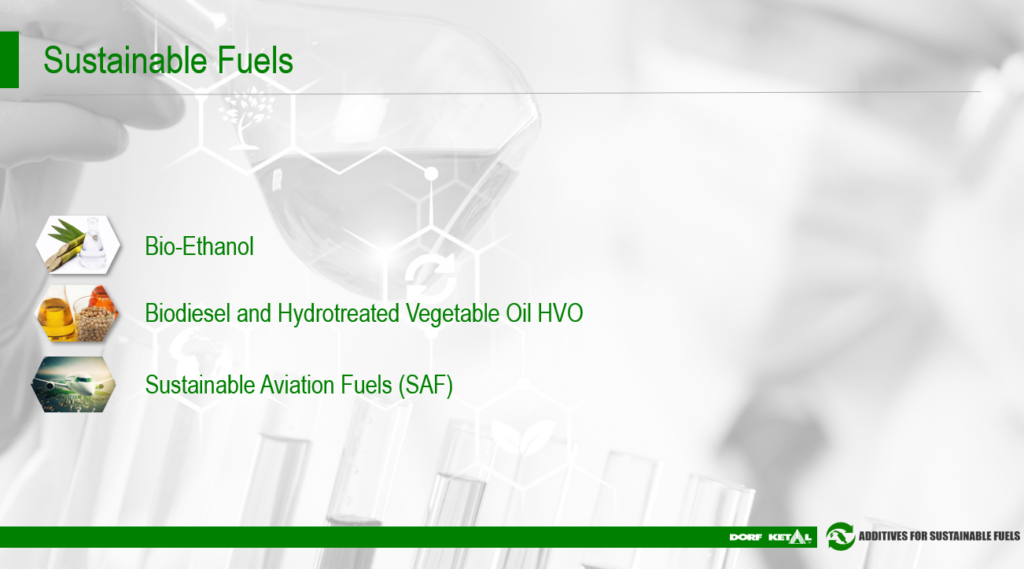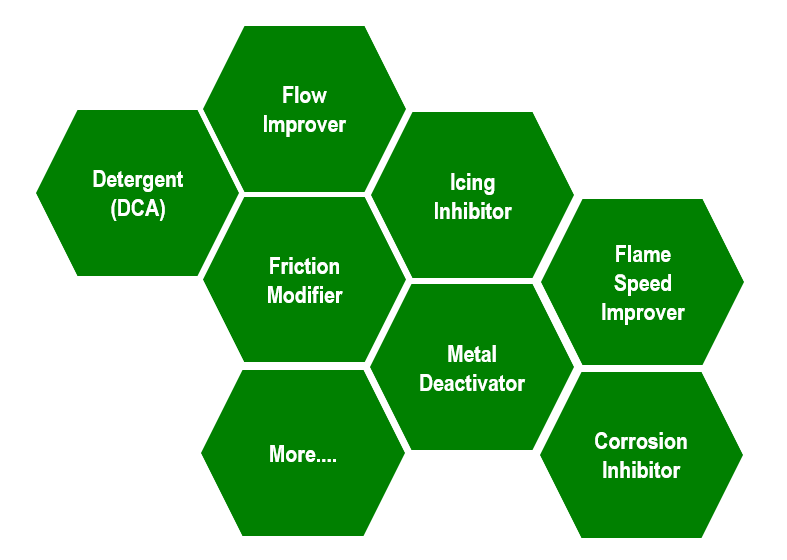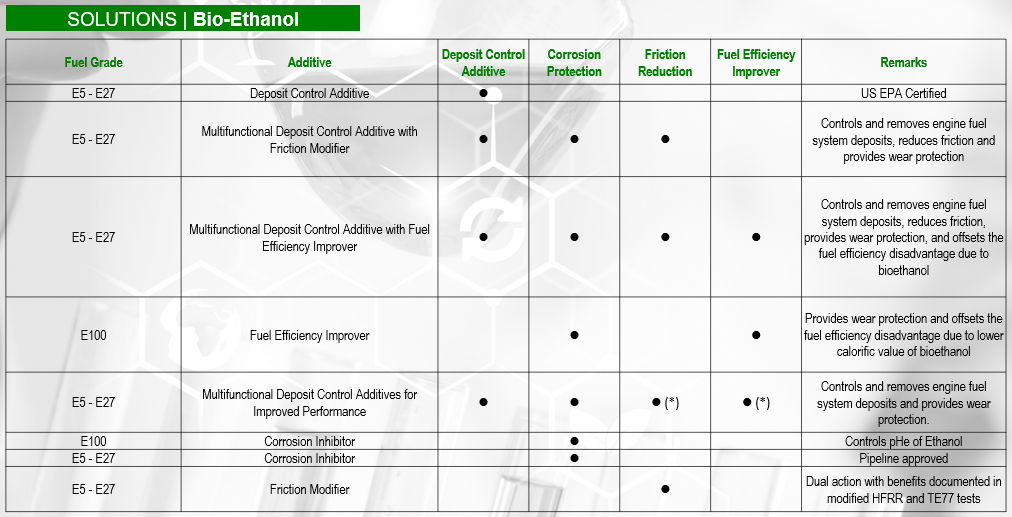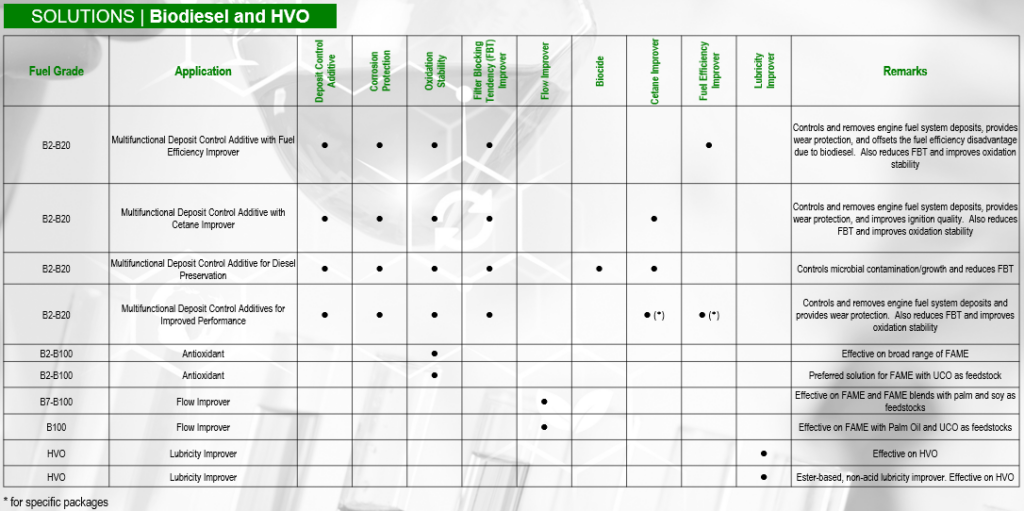1 – Decarbonization
Decarbonization is the process of lowering or removing carbon dioxide (CO2) emissions from a variety of sources, including energy generation, transportation, and industrial processes. To lessen the effect of greenhouse emissions on climate change, it entails switching from carbon-intensive fuels and technologies to low-carbon or carbon-neutral alternatives. The value of sustainable fuels in this situation rests in their ability to create decarbonization initiatives.

2 – Sustainable Fuels
Sustainable fuels, like biofuels made from renewable resources, are essential for cutting carbon emissions in a variety of industries. We can achieve carbon reduction or neutrality and fight climate change by partially or entirely substituting traditional fossil fuels with sustainable alternatives.
These fuels have several benefits. Firstly, because of their lower carbon intensity, they burn cleaner and produce fewer greenhouse gases. This has a direct impact on lowering atmospheric levels of carbon dioxide and other pollutants. Second, by integrating sustainable fuels into current infrastructure, decarbonization programs can be adopted and put into action more quickly and easily without requiring major modifications to automobiles, power plants, or industrial operations.
Fuels with a low environmental impact that are derived from renewable resources are known as sustainable fuels. Sustainable fuels differ from conventional fossil fuels in several important ways.
Renewable: Renewable energy sources including sun, wind, and biomass are used to create sustainable fuels. Renewable energy sources can be regenerated and won’t run out over time, in contrast to fossil fuels, which are limited and will eventually run out.
Long-term availability: Because sustainable fuels are made from renewable resources, they may always be accessible, making them a more sustainable choice overall.
Circular economy fuels: This reduces waste and fosters a more circular and sustainable economy by employing waste products as inputs for the creation of many sustainable fuels.
Carbon Impact: Renewable fuels with a low carbon footprint are sustainable fuels.
| Fuel | Carbon Intensity (CI) |
| Regular Gasoline | 97.5 gCO2e/MJ |
| Diesel | 101.4 gCO2e/MJ |
| Methanol (from biomethane, biomass, etc) | 10-40 gCO2e/MJ |
| Sugarcane Ethanol | 26.2 gCO2e/MJ |
| Biodiesel (from animal fats) | 27.0 gCO2e/MJ |
Overall, sustainable fuels have the potential to completely change how we power our world by offering a more sustainable and ecologically friendly substitute for conventional fossil fuels. We can anticipate even more innovative and eco-friendly fuel alternatives to emerge as technology develops, contributing to a more sustainable future for all.
Several fuels are recognized as sustainable. Liquid biofuels play a unique role in this scenario. Organic materials including crops, agricultural waste, and forestry byproducts are used to make liquid biofuels.

3 – Bio-Ethanol
Bioethanol is made from corn, sugarcane, or other plants that contain sugar or starch.
Relevant Problems Associated with The Use of Bioethanol.
Corrosion: Ethanol has corrosive properties that can damage certain materials commonly found in fuel systems, such as rubber, plastic, and some metals. Over time, this corrosion can lead to leaks, fuel system malfunctions, and degradation of engine components.
Lower Energy Content: Ethanol has a lower energy content per unit volume compared to gasoline. As a result, vehicles running on ethanol-blended fuels may experience reduced fuel efficiency, requiring more frequent refueling compared to gasoline-powered vehicles.
Additives to Mitigate the Problems
Corrosion inhibitors, DCA + Friction Modifier, Flame Speed Improver
4 – Biodiesel
Biodiesel is made from vegetable oils, animal fats, or used cooking oils.
Relevant Problems Associated with The Use of Biodiesel.
Storage and Stability: Over time, the stability and quality of biodiesel may be compromised due to its propensity for oxidation and sediment development. This instability may cause filtering issues, filter clogging, and a decline in the performance of the fuel system.
Quality variations in biodiesel: Depending on the manufacturing method and the feedstock utilized, biodiesel quality might change. Variations in biodiesel quality can have an impact on how it performs, causing problems with combustion, deposit buildup, and decreased engine efficiency.
Additives to Mitigate the Problems Antioxidant, DCA, Flow Improver, Cetane Improver.
5 – HVO (Hydrotreated Vegetable Oil)
HVO stands for Hydrotreated Vegetable Oil. It is a type of renewable diesel fuel that is made from a variety of vegetable oils and fats, including rapeseed oil, sunflower oil, soybean oil, corn oil, palm oil, waste cooking oil, tall oil, and animal fats. HVO is chemically like fossil diesel fuel, but it has several advantages. It is cleaner burning and produces fewer emissions; it is more stable and has a longer shelf life; it can be used in unmodified diesel engines.
Relevant Problems Associated with The Use of HVO.
Lubricity: HVO has a lower lubricity than fossil diesel fuel. This means that it can be more difficult for HVO to lubricate the moving parts of a diesel engine, which can lead to increased wear and tear.
Additives to Mitigate the Problems
DCA and Lubricity Improver
Facts – HVO x Biodiesel
| Feature | HVO | Biodiesel |
| Starting material | Vegetable oils and fats | Vegetable oils and fats, animal fats, waste cooking oil |
| Production process | Hydrogenation | Transesterification |
| Chemical composition | Similar to fossil diesel fuel | Similar to fossil diesel fuel, but contains oxygen |
| Emissions | Cleaner burning than fossil diesel fuel | Cleaner burning than fossil diesel fuel, but not as clean as HVO |
| Stability | More stable than biodiesel | Less stable than HVO |
| Shelf life | Up to 10 years | 6 months to 1 year |
| Compatibility with diesel engines | Can be used in unmodified diesel engines | May require modifications to diesel engines |
| Cost | More expensive than biodiesel | Less expensive than HVO |
6 – SAF (Sustainable Aviation Fuels)
Sustainable aviation fuels (SAF), commonly referred to as biojet fuels or renewable jet fuels, are substitute fuels that can be utilized in aviation while lowering greenhouse gas emissions and supporting sustainability. SAFs are an effective choice for minimizing the aviation sector’s carbon footprint because these are made to be compatible with existing aircraft engines and equipment.
There are several main types of sustainable aviation fuels:
Hydroprocessed Esters and Fatty Acids (HEFA): HEFA fuels are produced from renewable feedstocks such as vegetable oils, animal fats, or used cooking oil through a process called hydroprocessing. This process converts the feedstocks into jet fuel that closely resembles conventional petroleum-based jet fuel.
Fischer-Tropsch Synthetic Paraffinic Kerosene (FT-SPK): FT-SPK fuels are derived from various biomass sources, such as forestry and agricultural residues, or from waste gases like industrial off-gases and landfill gases. These feedstocks undergo a gasification and synthesis process known as Fischer-Tropsch, which converts them into a liquid hydrocarbon fuel suitable for aviation.
Alcohol-to-Jet (ATJ): ATJ fuels are produced through the conversion of alcohols, such as ethanol or butanol, into jet fuel. The alcohols are typically derived from renewable feedstocks, such as sugarcane or corn, and undergo a chemical process to transform them into a jet fuel that meets the required specifications.
Catalytic Hydrothermolysis Jet (CHJ): CHJ fuels are produced from various biomass sources through a process called catalytic hydrothermolysis. This process involves subjecting the biomass to high temperature and pressure in the presence of catalysts, which results in the production of a crude oil-like substance. The crude oil is then upgraded into jet fuel.
Recommended Additives
Meets the requirements of ASTM D7566: antioxidant, icing inhibitor, and metal deactivator.
7 – Dorf Ketal Additive Technology for Sustainable Fuels
To guarantee the quality and effectiveness of biofuels and their mixtures with fossil fuels, Dorf Ketal has developed and markets a full line of additives that aid in preventing problems that are typically associated with the application of such fuels, such as decreased efficiency, poor stability, corrosion, wear, lubricity, and filter blocking tendency (FBT).

Application Charts
Next, you will find solutions for every type of fuel grade.



_________________________________________________
milex|mph – Smartly Designed Additives
